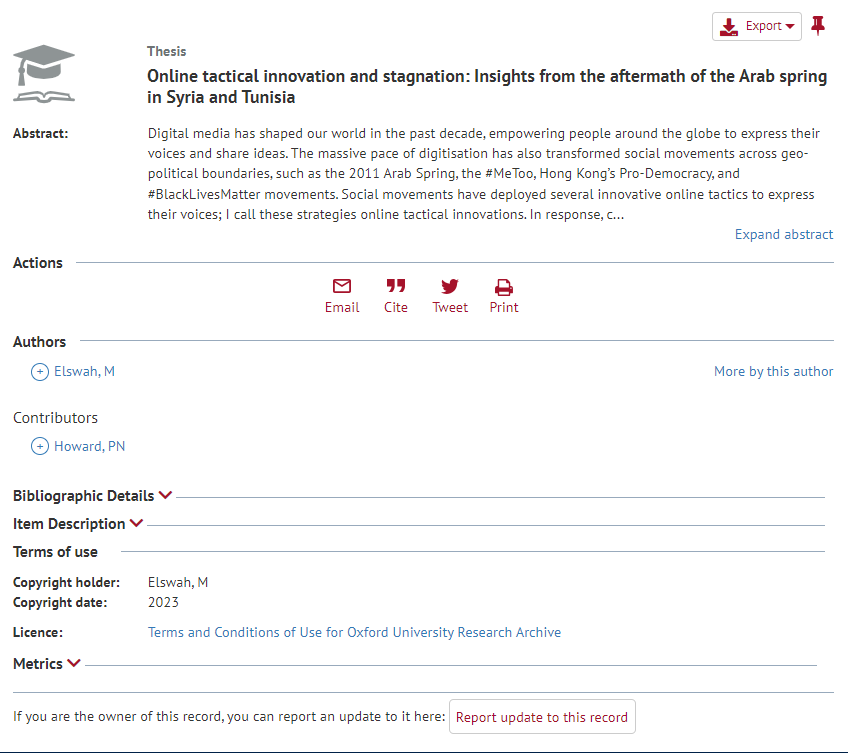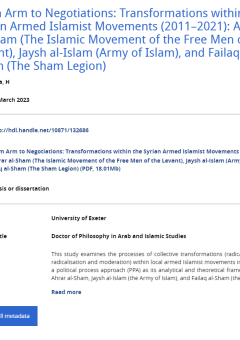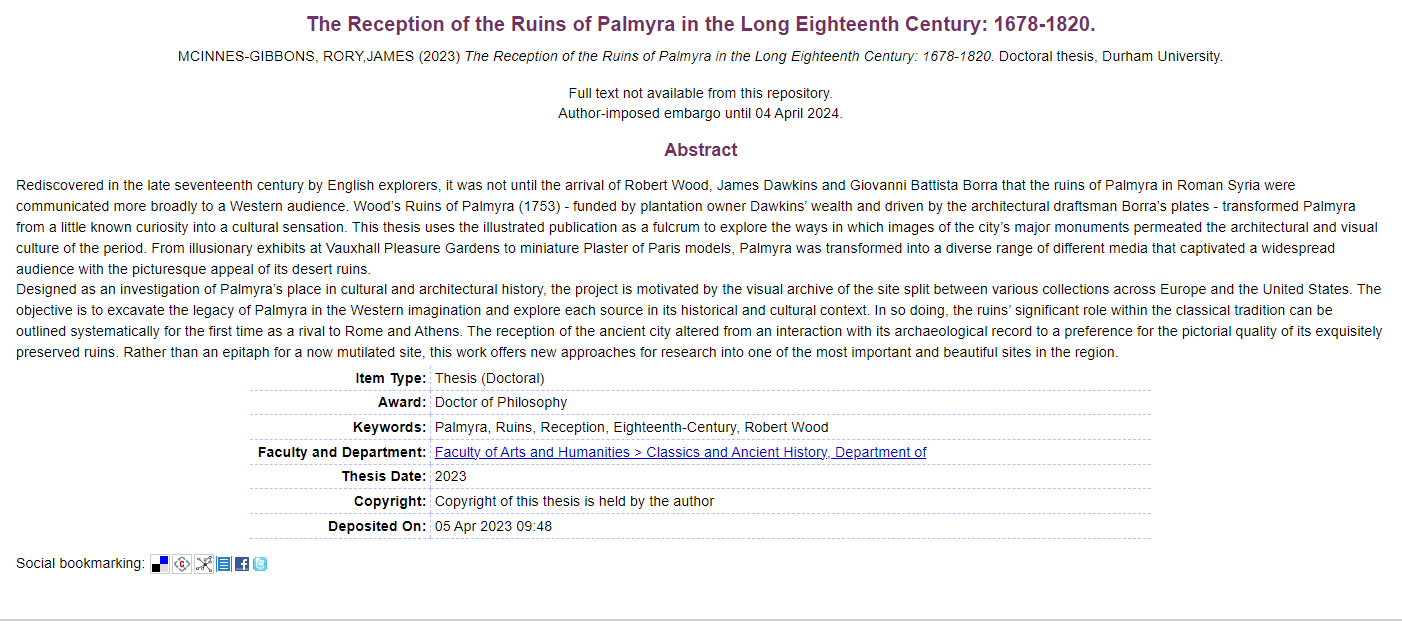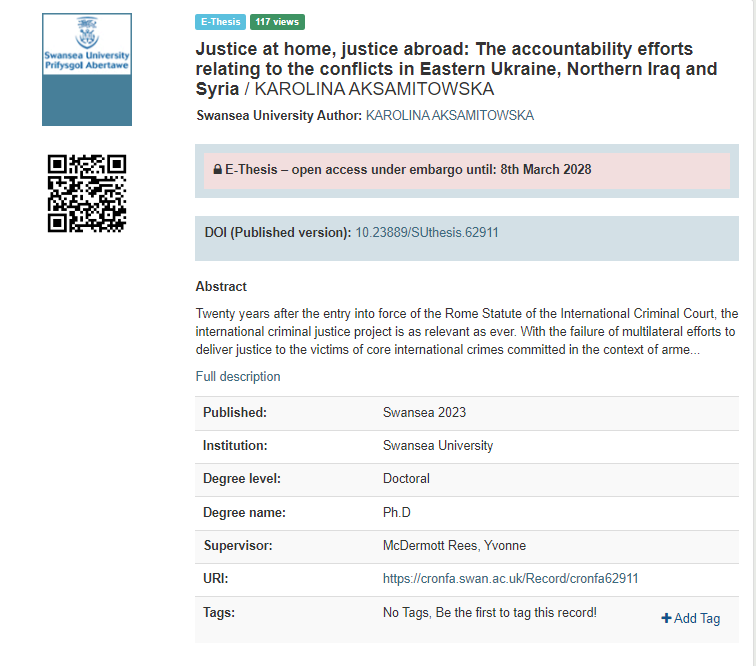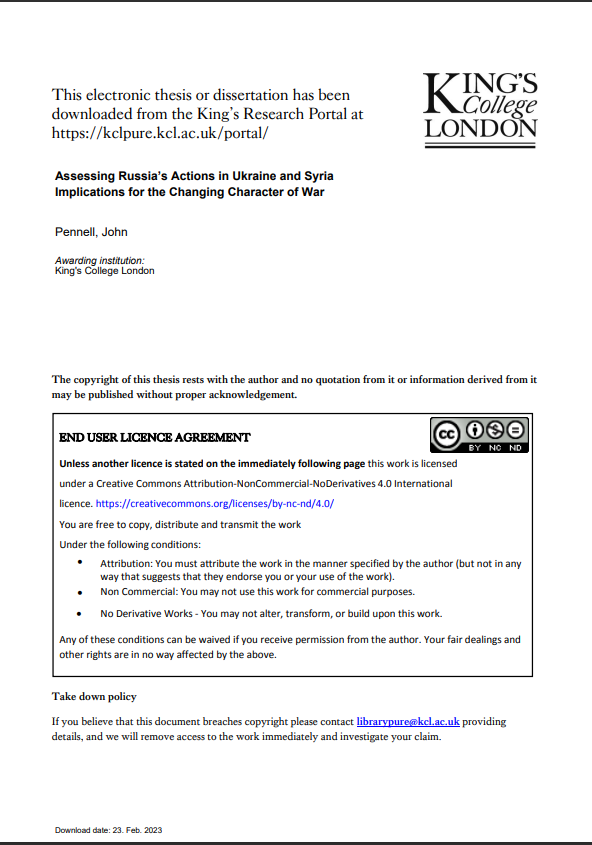This study examines the processes of collective transformations (radicalisation, de-radicalisation and moderation) within local armed Islamist movements in Syria, using a political process approach (PPA) as its analytical and theoretical framework. Using Ahrar al-Sham, Jaysh al-Islam (the Army of Islam), and Failaq al-Sham (the Sham Legion) as case studies, it investigates the dynamics and mechanisms by which armed Syrian Islamist movements have transformed their ideology, behaviours and organisational structures during the uprising. The main objective of this study is to contribute to the theorisation of ongoing transformations within Islamist movements by focusing on the roots (root causes) of the transformation process as well as its routes (mechanisms). Within this framework, the study argues that organisational, behavioural and ideological transformations within the Syrian armed movements have been determined by the interaction between three essential dimensions: the external political environment, the movements’ mobilisation structure, and the ideological frames they deploy. The study also aims to produce a solid base of knowledge about local armed movements in Syria and their transformations. This, in turn, will fill a gap in the existing literature: most scholars have focused on radicalisation rather than de-radicalisation and moderation. In order to achieve these aims, the study primarily employs a case-based qualitative-comparative approach. The data collected draws upon semi-structured interviews concentrating on three case studies focusing on three local armed movements, while analysing both the contents and discourse of the interview data, as well as the written and spoken data available on those movements.
